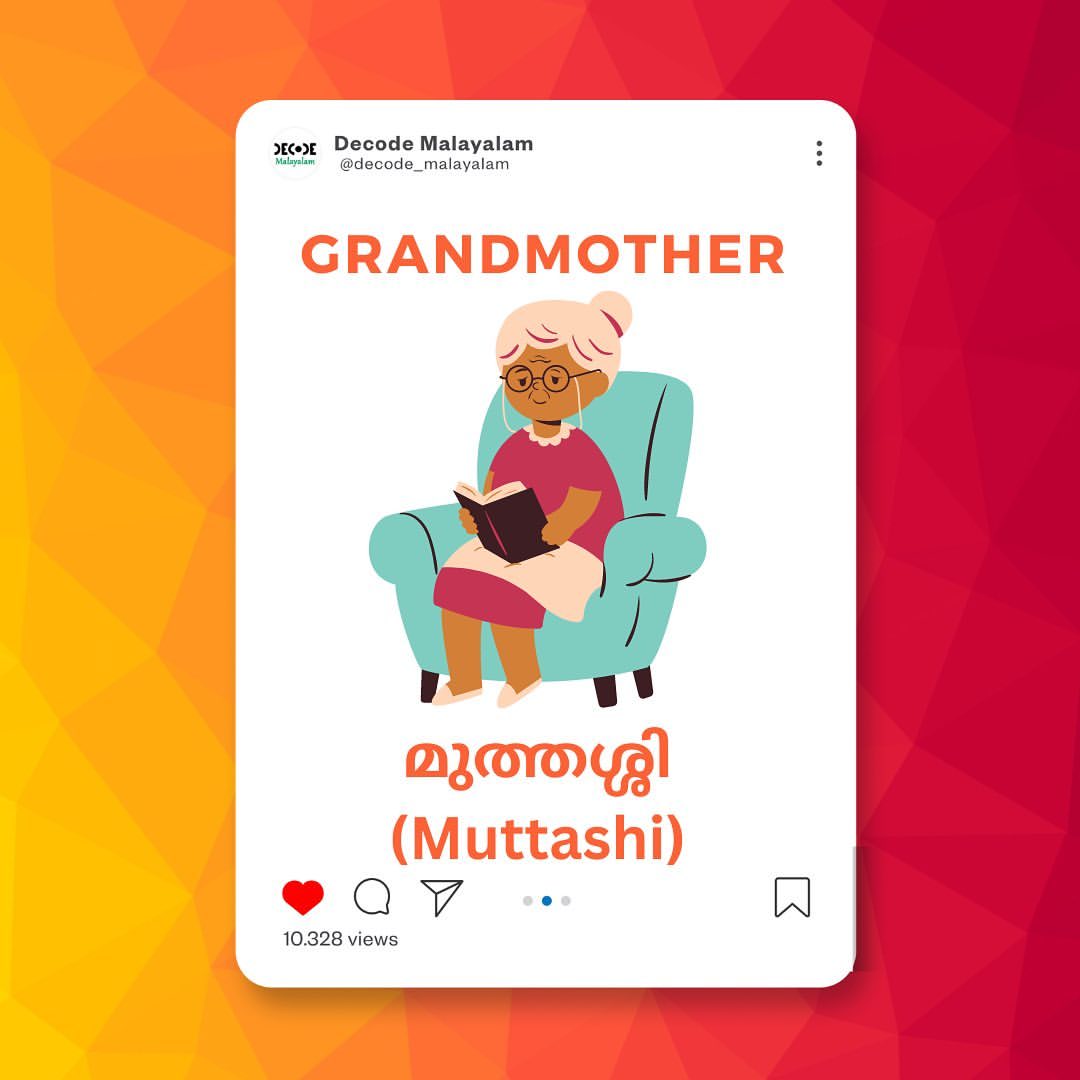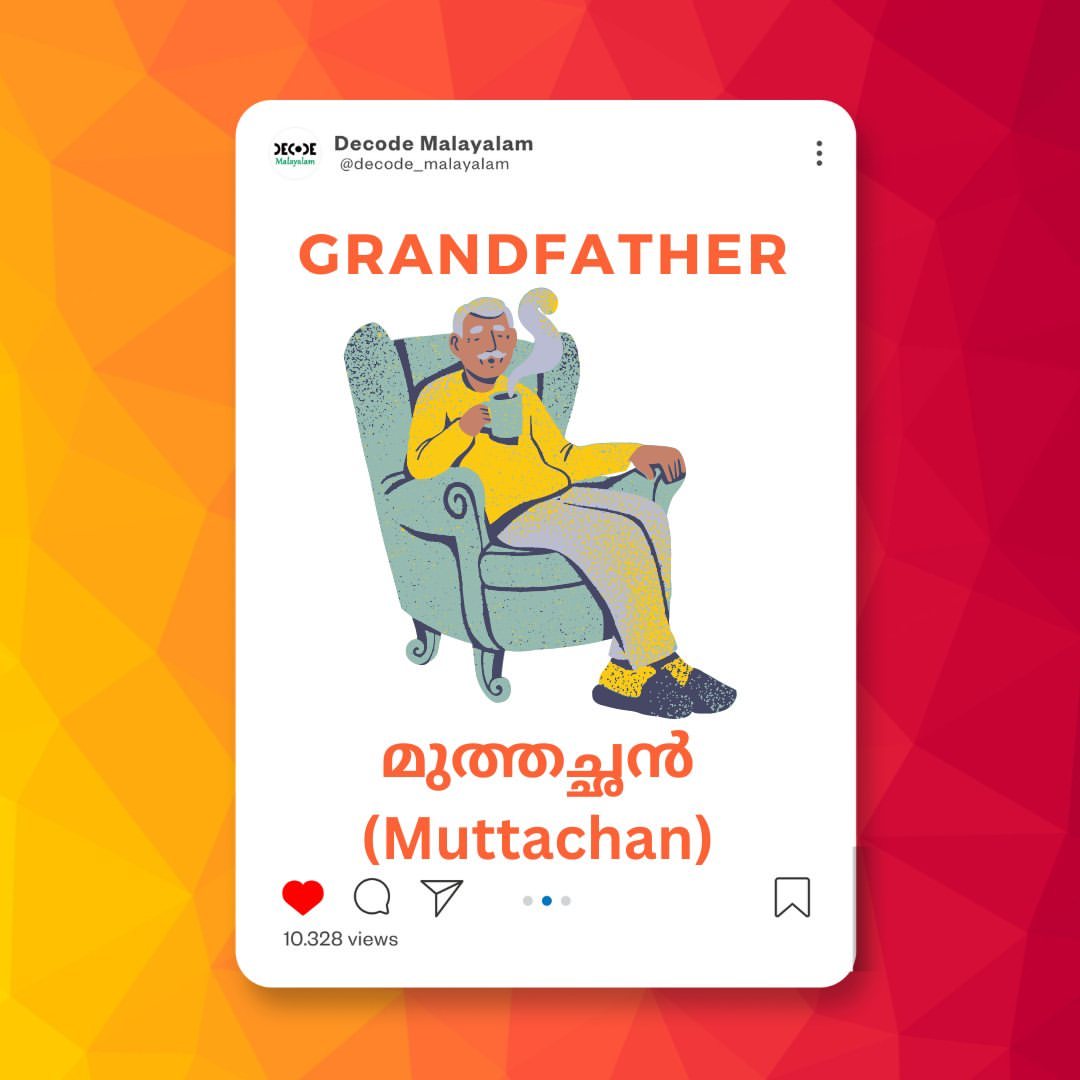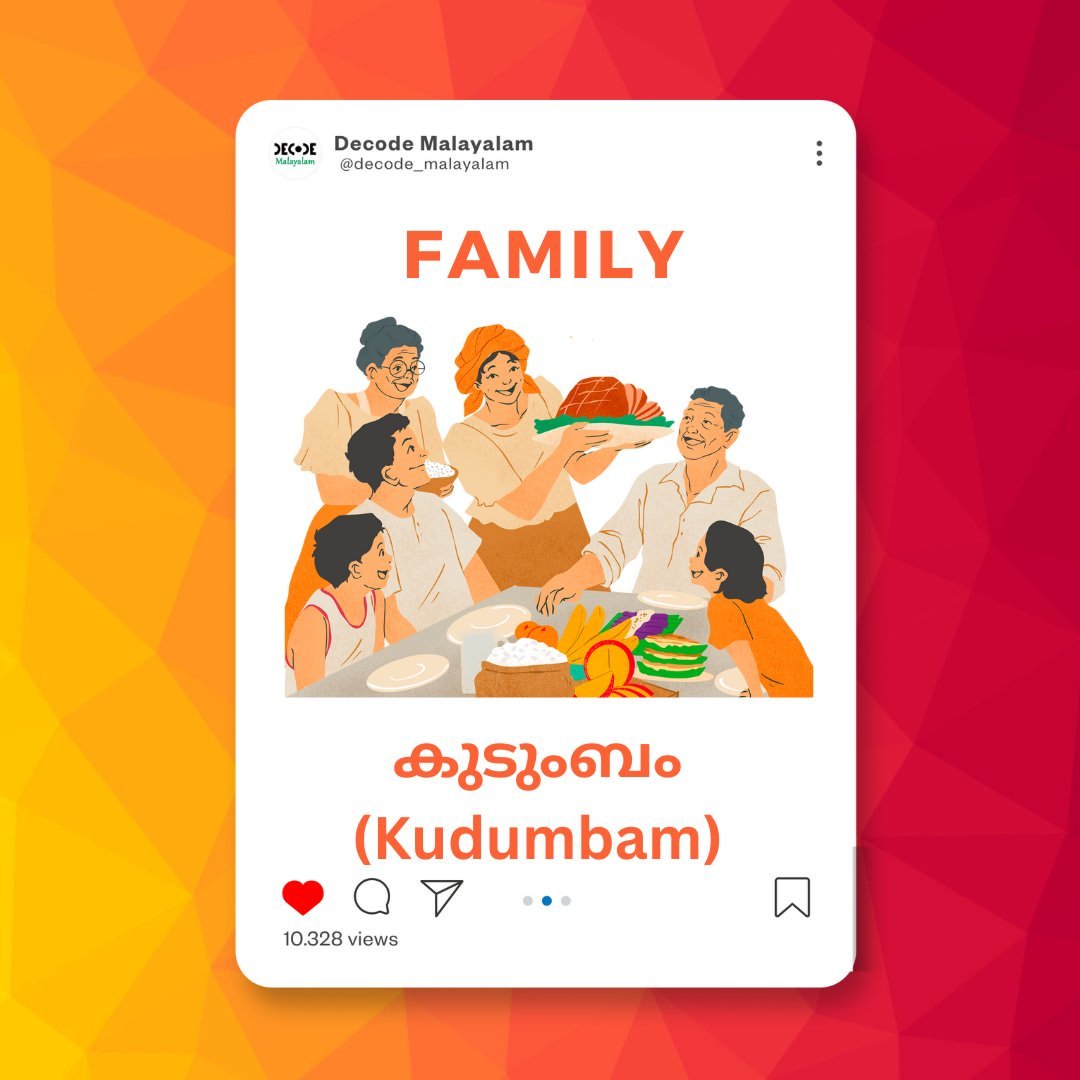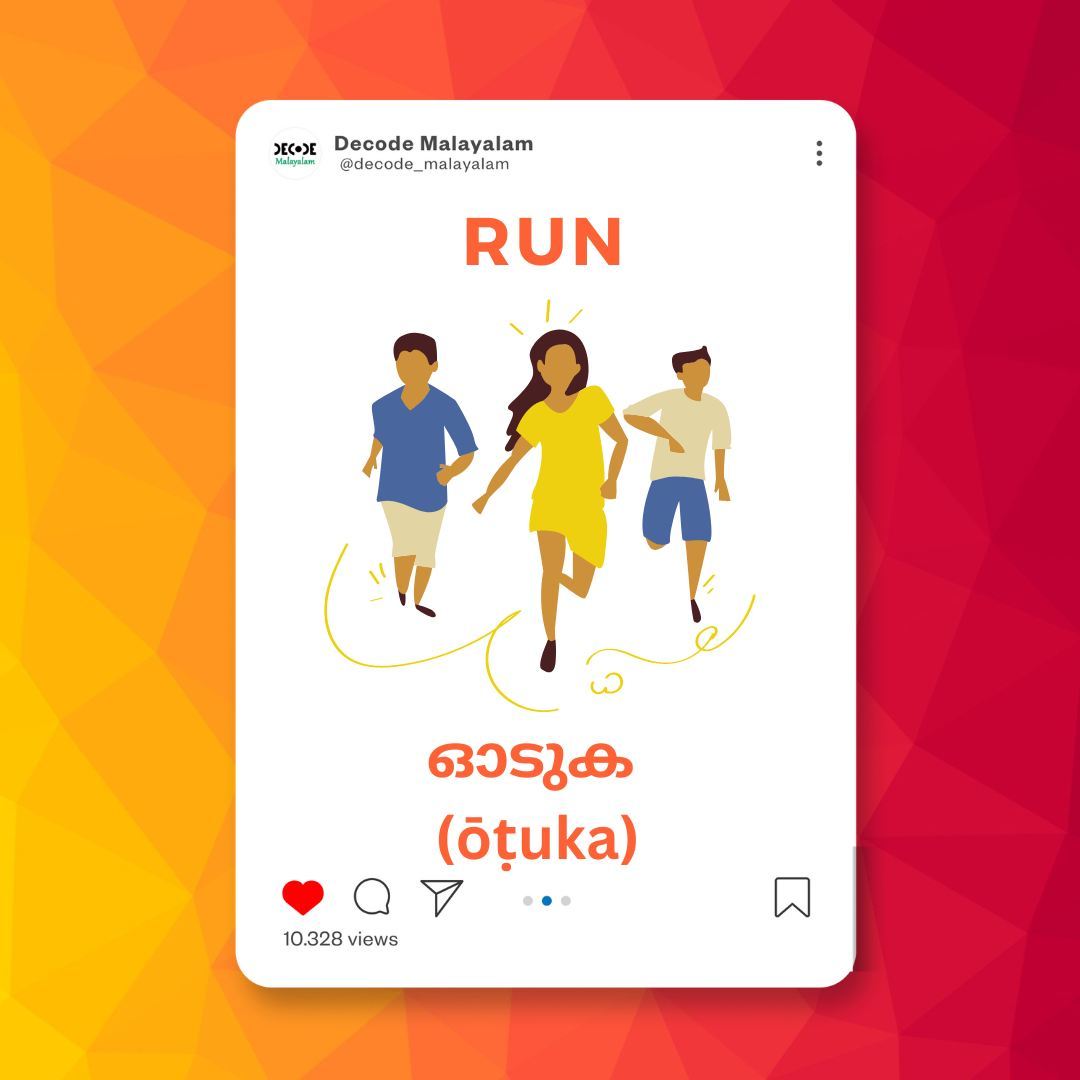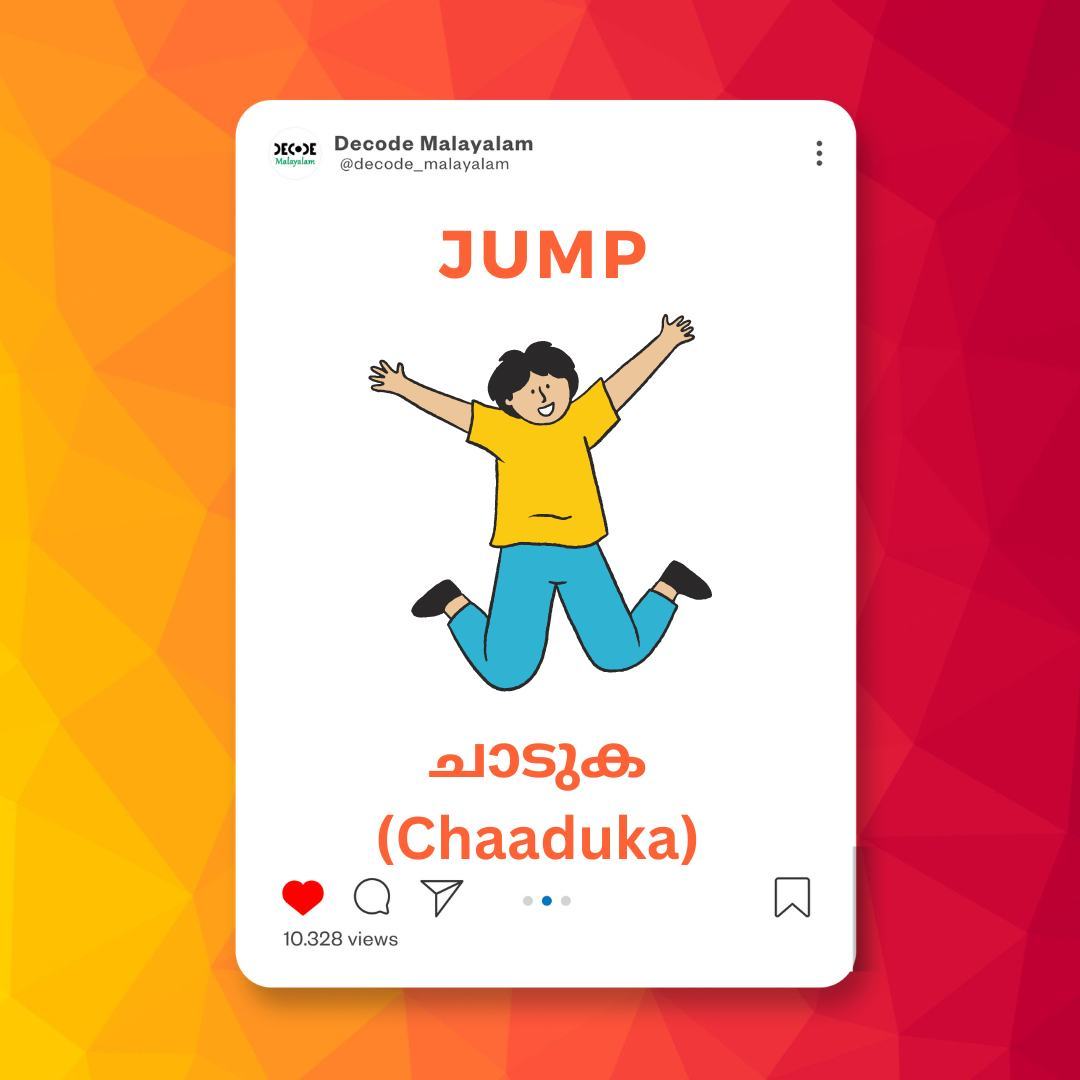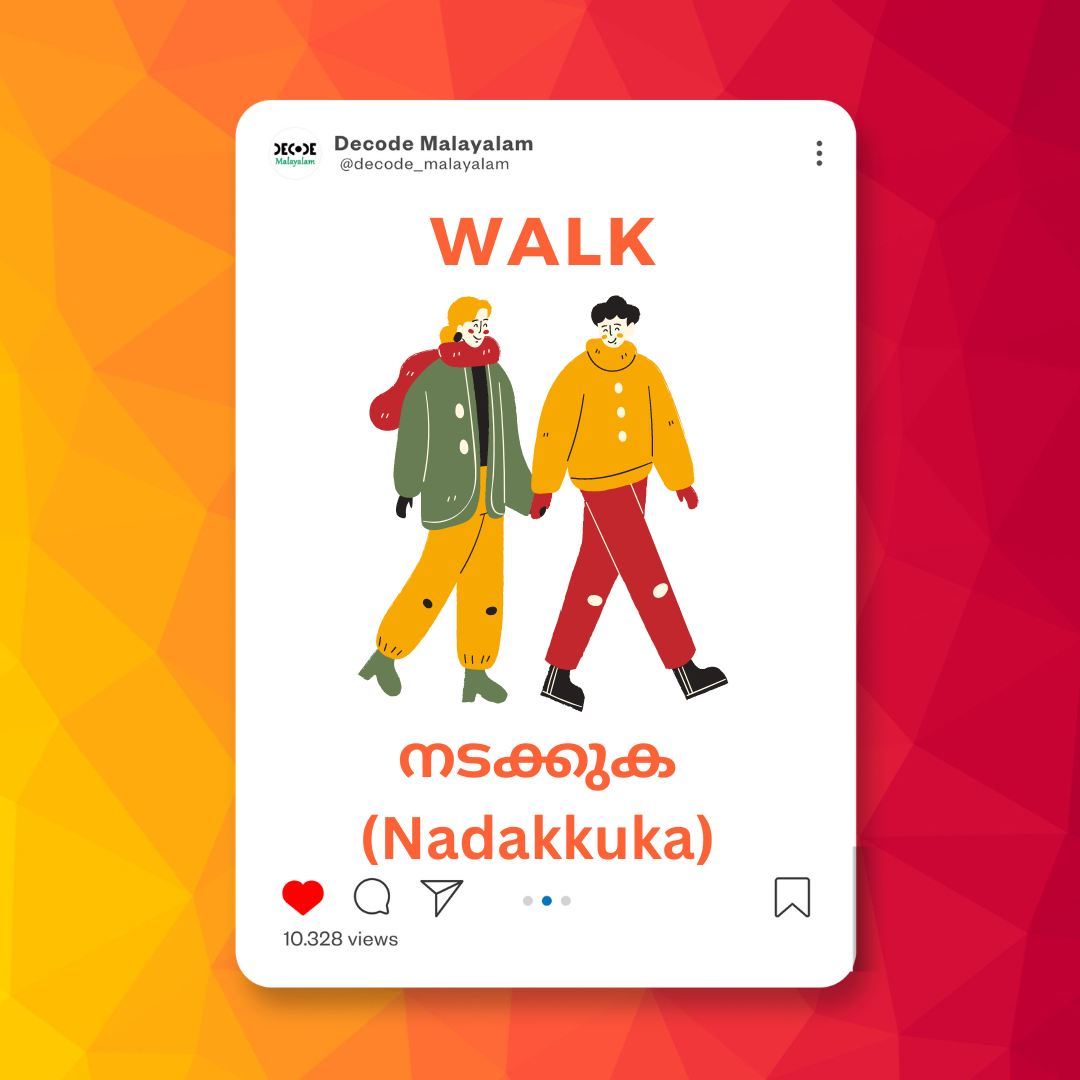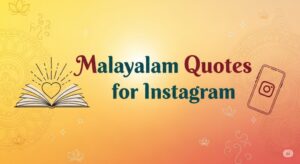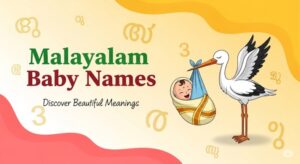India’s independence movement is a tapestry woven with the threads of countless acts of bravery and sacrifices. While much of the historical spotlight often shines on figures from the northern parts of India, Kerala, nestled in the southern tip of the subcontinent, played a pivotal and inspiring role. This article delves deep into Kerala’s role in India’s independence movement, illuminating the valiant efforts of its people, and offers practical tips for those eager to learn Malayalam, the heart and soul of Kerala’s cultural identity.
The Historical Context of Kerala’s Struggle
Kerala’s role in India’s independence movement is a testament to the region’s rich history and cultural resilience. The land of lush greenery, spices, and ancient traditions, Kerala was also a land of progressive social reforms and fierce resistance against colonial oppression. The state’s struggle for freedom was multifaceted, involving social, cultural, and political dimensions.
Early Resistance and Social Reforms
Long before the national call for independence gained momentum, Kerala was already stirring with resistance against various forms of oppression. Social reformers like Sree Narayana Guru, who advocated for equality and social justice, laid the groundwork for a more equitable society. His famous dictum, “One Caste, One Religion, One God for All,” resonated with the masses, challenging the rigid caste system and promoting unity.
The Malabar Rebellion
A significant chapter in Kerala’s role in India’s independence movement is the Malabar Rebellion of 1921. Sparked by the oppressive land tenure system imposed by the British and the feudal landlords, this uprising saw the Moplah (Mappila) community rise in revolt. Though initially a local agrarian protest, the rebellion quickly took on a larger anti-colonial character. Despite being brutally suppressed, it highlighted the deep-seated discontent against British rule and galvanized further resistance.
Prominent Freedom Fighters from Kerala
1. K. Kelappan
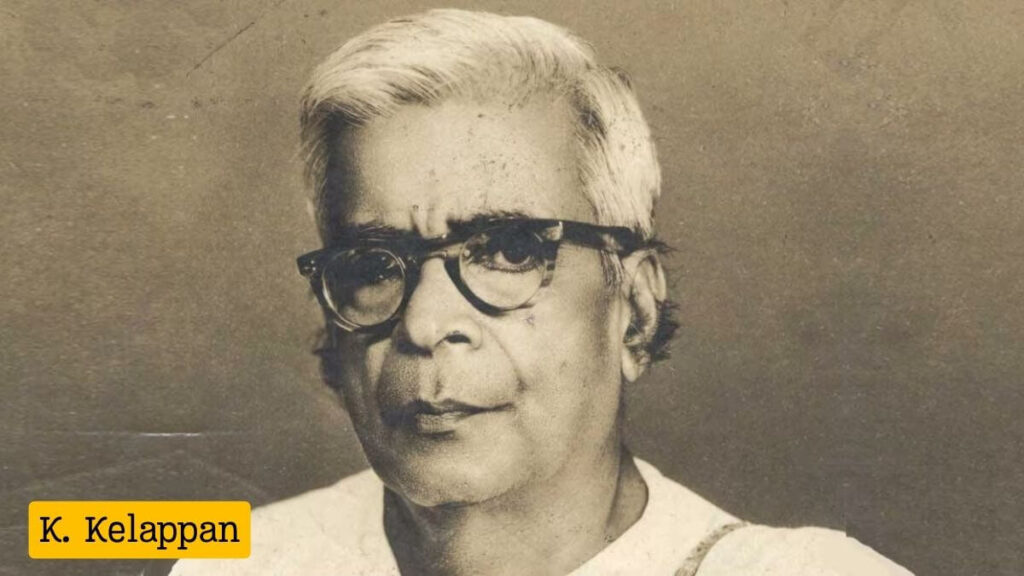
Known as Kerala Gandhi, Kelappan was a prominent leader who played a crucial role in the Vaikom Satyagraha, a movement aimed at securing the right for lower-caste individuals to use public roads around the Vaikom Temple. His commitment to non-violence and social equality made him a key figure in Kerala’s freedom struggle.
2. A.K. Gopalan (AKG)
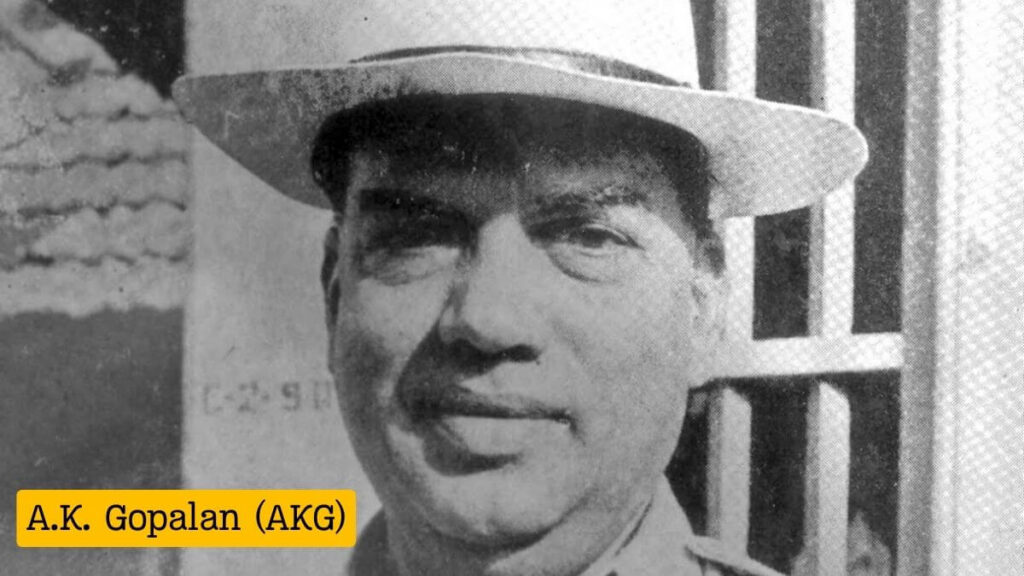
A stalwart of the Indian National Congress and later a founding member of the Communist Party of India (Marxist), AKG was known for his fiery speeches and relentless fight against British rule. His efforts were instrumental in mobilizing the masses in Kerala.
3. Accamma Cherian
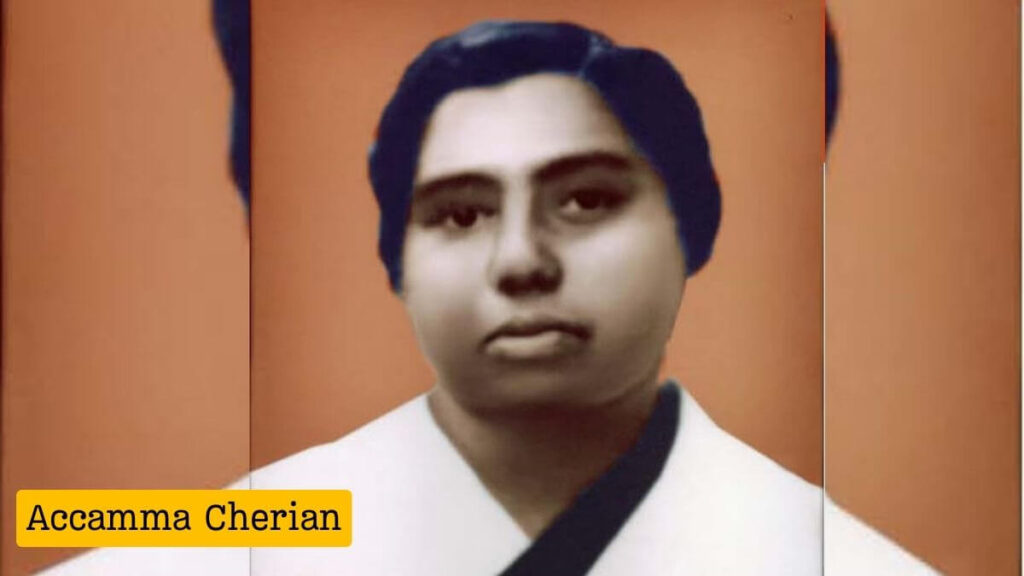
Dubbed the Jhansi Rani of Travancore, Accamma Cherian was a fearless leader who defied the British authorities and led a massive rally demanding the resignation of the Dewan of Travancore. Her bravery earned her a place among the foremost freedom fighters of Kerala.
4. V. K. Krishna Menon
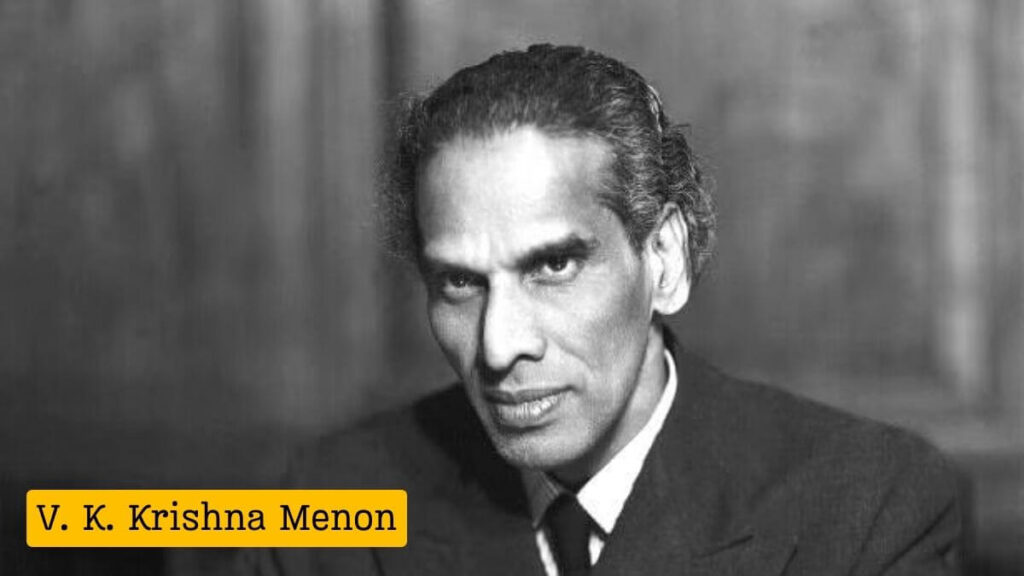
Although he is more widely known for his role in international diplomacy post-independence, Krishna Menon’s efforts in mobilizing support for India’s freedom struggle in England were crucial. He was a close associate of Jawaharlal Nehru and worked tirelessly to garner international support for the cause.
5. E.M.S. Namboodiripad

A leading figure in the Indian communist movement, Namboodiripad’s political activities were deeply intertwined with the freedom struggle. He played a significant role in organizing peasants and workers against British policies and later became Kerala’s first Chief Minister post-independence..
The Quit India Movement and Beyond
Kerala’s role in India’s independence movement reached a crescendo during the Quit India Movement of 1942. Leaders and common people alike participated in large numbers, organizing protests, strikes, and other forms of civil disobedience. The British responded with harsh repression, but the resolve of the people of Kerala only grew stronger.
Post-Independence Contributions
The end of British rule did not mark the end of Kerala’s contributions to India. The state continued to play a significant role in shaping the newly independent nation. Leaders from Kerala were instrumental in drafting policies and frameworks that promoted social justice, economic development, and political stability.
Learning Malayalam: Connecting with Kerala’s Heritage
Understanding Kerala’s role in India’s independence movement is deeply enriched by learning the language that carries its stories, culture, and heritage. Malayalam, with its poetic cadence and rich literary tradition, is a gateway to Kerala’s soul.
Practical Tips for Learning Malayalam Online
1. Choose the Right Platform: Enroll in structured online courses such as Decode Malayalam, which offer comprehensive lessons tailored for beginners.
2. Daily Practice: Consistency is key. Dedicate a specific time each day to practice reading, writing, and speaking Malayalam.
3. Utilize Multimedia Resources: Leverage videos, songs, and movies in Malayalam to enhance your understanding and pronunciation.
4. Engage with Native Speakers: Join online communities or find language exchange partners to practice conversational Malayalam.
5. Use Flashcards and Apps: Incorporate language learning apps and flashcards to build your vocabulary and improve retention.
Conclusion
Kerala’s role in India’s independence movement is a story of resilience, courage, and unwavering commitment to justice and equality. From the early social reforms to the fierce battles against British rule, Kerala’s contributions were pivotal in shaping the nation’s destiny. As we remember and honor these sacrifices, learning Malayalam can provide a deeper connection to this vibrant culture and history. Enrolling in a course like Decode Malayalam is not just about acquiring a new language; it’s about immersing oneself in the rich legacy of Kerala and gaining a nuanced understanding of its pivotal role in India’s journey to freedom.
Read More :


